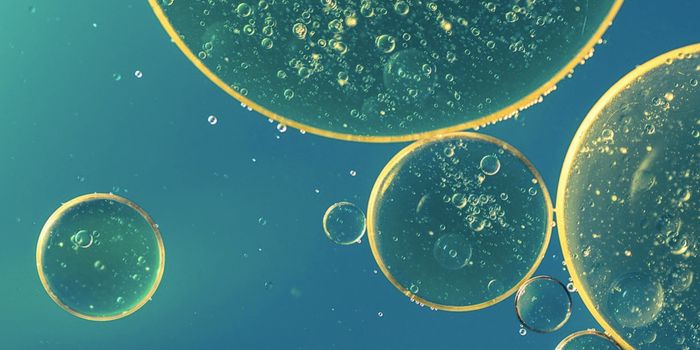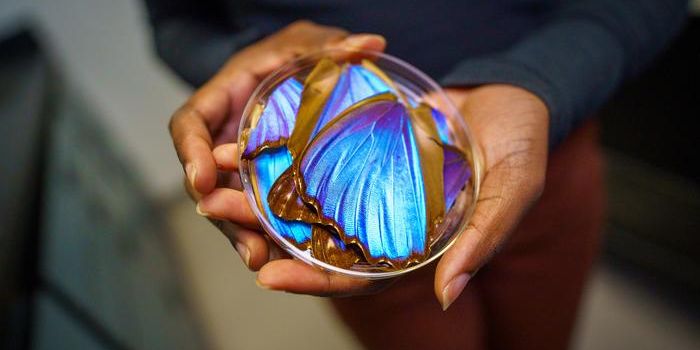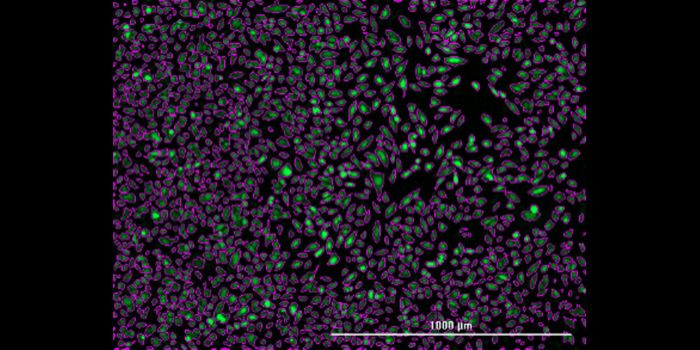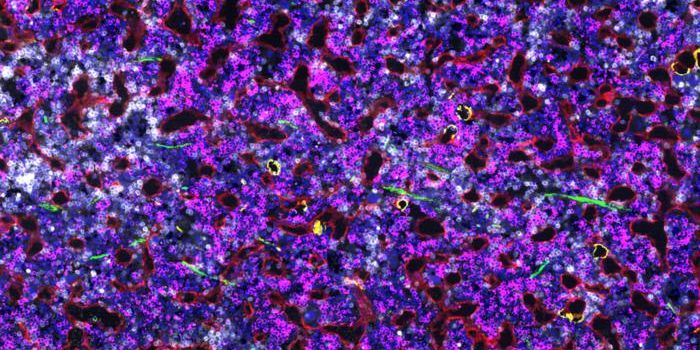An experimental drug that was originally intended to work for male contraception may also work to shrink testicular cancer.

"JQ1 inhibits those proteins that read these histone marks and thus changes the gene activity in the cell," explained Hubert Schorle from the Institute for Pathology at the University of Bonn, and the study’s senior author.
Previously, researchers showed that JQ1 inhibited an essential part of sperm development. Treatment of this drug in mice led to smaller testes, sperm count and motility. As such, it was considered for the part of a male contraceptive drug.
In studying the mechanisms of JQ1’s actions, researcher at the University of Bonn realized that the molecule could also influence testicular cancer development. JQ1 appears to inhibit bromodomain and extraterminal (BET) proteins, which in testicular cancer, triggers cellular stress signals and cause the cell to die.
"In a testicular cancer mouse model, the tumors began to shrink after administering JQ1," said Sina Jostes, the study’s lead author. "In contrast, healthy skin cells seem to tolerate JQ1 very well." The team showed positive tumor shrinkage in both cell culture and live animal models.
Jostes and colleagues also tested the effects of JQ1 alongside another histone deacetylase inhibitor known as romidepsin. This drug has previously been tested and approved for testicular cancer. However, the team reported that the combination of JQ1 and romidepsin seemed to have the greatest effect, especially in cancer types that proved resistant to therapy.
"In our study, we treated mice with both JQ1 and romidepsin," said Daniel Nettersheim, the study’s co-author. "This way, we achieved a similar effect alike JQ1 or romidepsin treatment alone, but we could reduce the quantities of both substances. Such a combination therapy to treat testicular tumors may be much better tolerated. Chemotherapy-resistant patients could also benefit from this."
Both the anticancer effects and the contraceptive effects of JQ1 are under further investigation.
Additional source: University of Bonn








